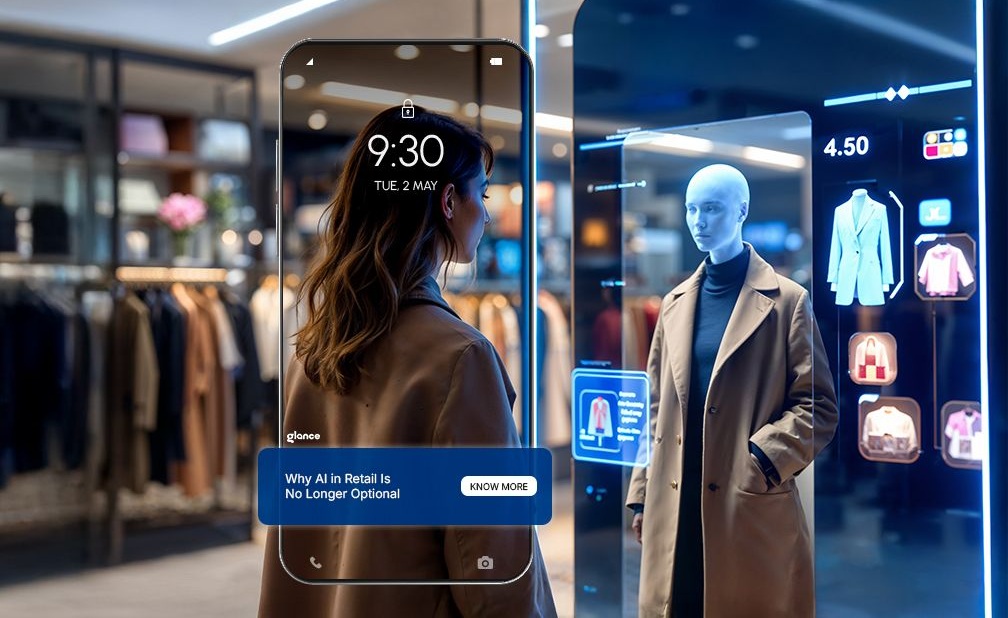 Labor related issues are becoming routine in the global fashion world. As a report in Fashion Law points out, last year laborers in a Bangladesh garment factory went on a week-long strike to protest against their low wages. Before that, laborers in a Zara factory protested against non-payment of dues while Myanmar garment workers revolted against their employers’ non-observation of Thingyan, one of the largest and most widely celebrated holidays in the country. Luxury and high fashion brands too are not immune to labor unrest. In 2018, 100 laborers in Marc Jacobs, Coach and Michael Kors’ suppliers’ factories went on a strike to protest substandard working conditions while workers of Chanel’s Korean factory protested against their long working hours and low wages.
Labor related issues are becoming routine in the global fashion world. As a report in Fashion Law points out, last year laborers in a Bangladesh garment factory went on a week-long strike to protest against their low wages. Before that, laborers in a Zara factory protested against non-payment of dues while Myanmar garment workers revolted against their employers’ non-observation of Thingyan, one of the largest and most widely celebrated holidays in the country. Luxury and high fashion brands too are not immune to labor unrest. In 2018, 100 laborers in Marc Jacobs, Coach and Michael Kors’ suppliers’ factories went on a strike to protest substandard working conditions while workers of Chanel’s Korean factory protested against their long working hours and low wages.
These are just a few examples of the growing unrest amongst garment workers against their exploitation. Brands that strive to find a solution to this issue are hindered by the current legal system. To eradicate labor exploitation completely, they need to take more control of their supply chains. However, this puts them at risk of tremendous legal liability.
Amend labor laws
Therefore, to bring about real change, the countries in which these brands are based, need to amend their current labor laws and reward brands for their involvement in labor issues within supply chains.
involvement in labor issues within supply chains.
Garment production has undergone tremendous evolution over the past few decades. A garment value chain now involves activities including designing, manufacturing, selling, and sometimes, even recycling. A brand is legally responsible for the actions of suppliers only if the supplier is directly employed by the brand. In a global value chain, most suppliers are hired as either contractors or subcontractors. This prevents them from being held accountable for their actions.
Improve supplier coordination
To protect workers’ rights, brands need to improve their coordination with suppliers and subsidiaries. They need to take control not only of their own suppliers but also of suppliers’ suppliers, and so on. This will help improve production efficiency, product quality control and manage brand reputation effectively.
As per current law, brands can rarely hold their suppliers accountable for violation of laws. If they try to control their supply chains, they risk losing legal defenses. Hence, to help brands stop worker exploitation in their supply chains, the industry needs to understand their financial and operational limitations and offer them new incentives to reform their operations.












